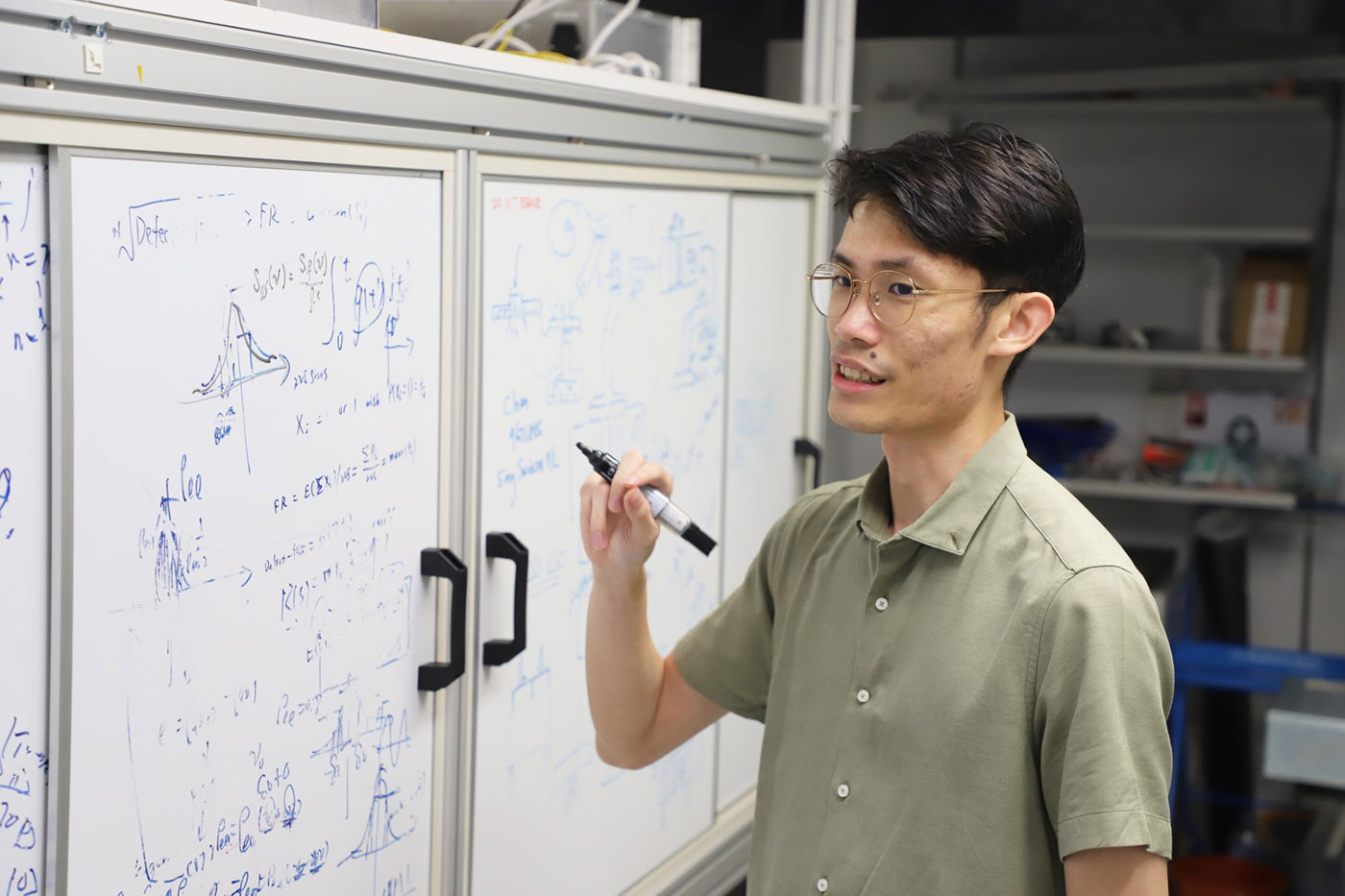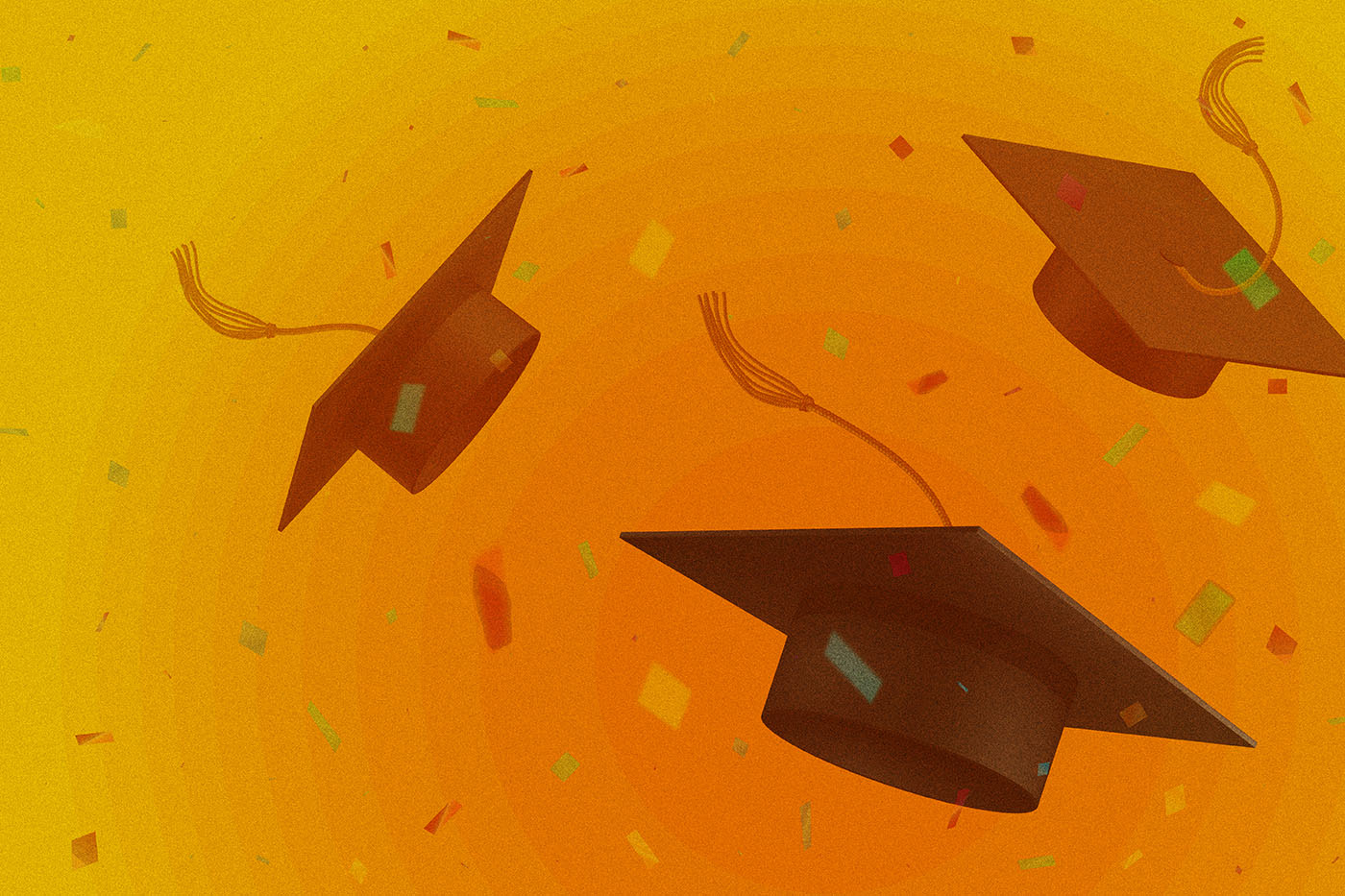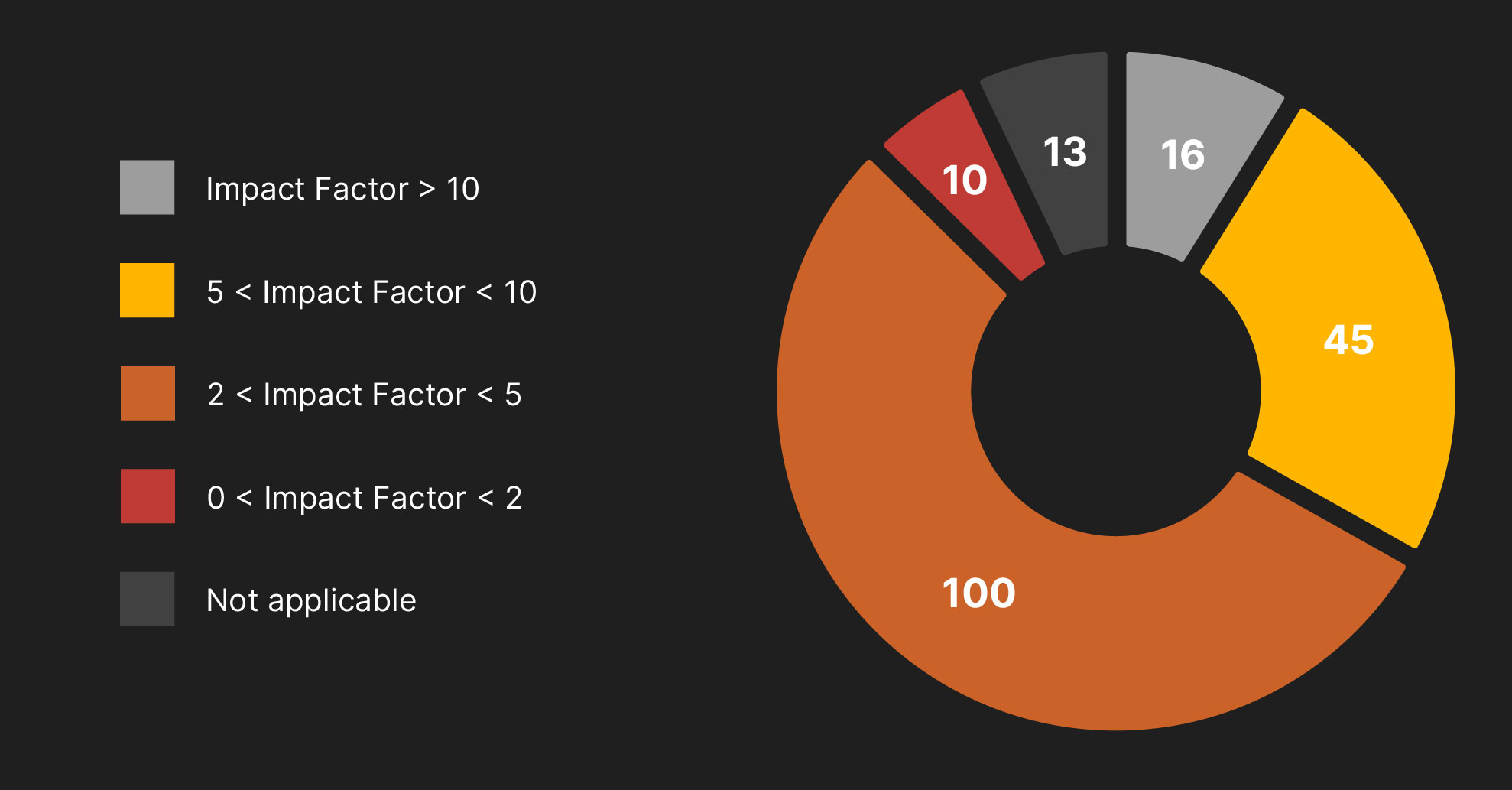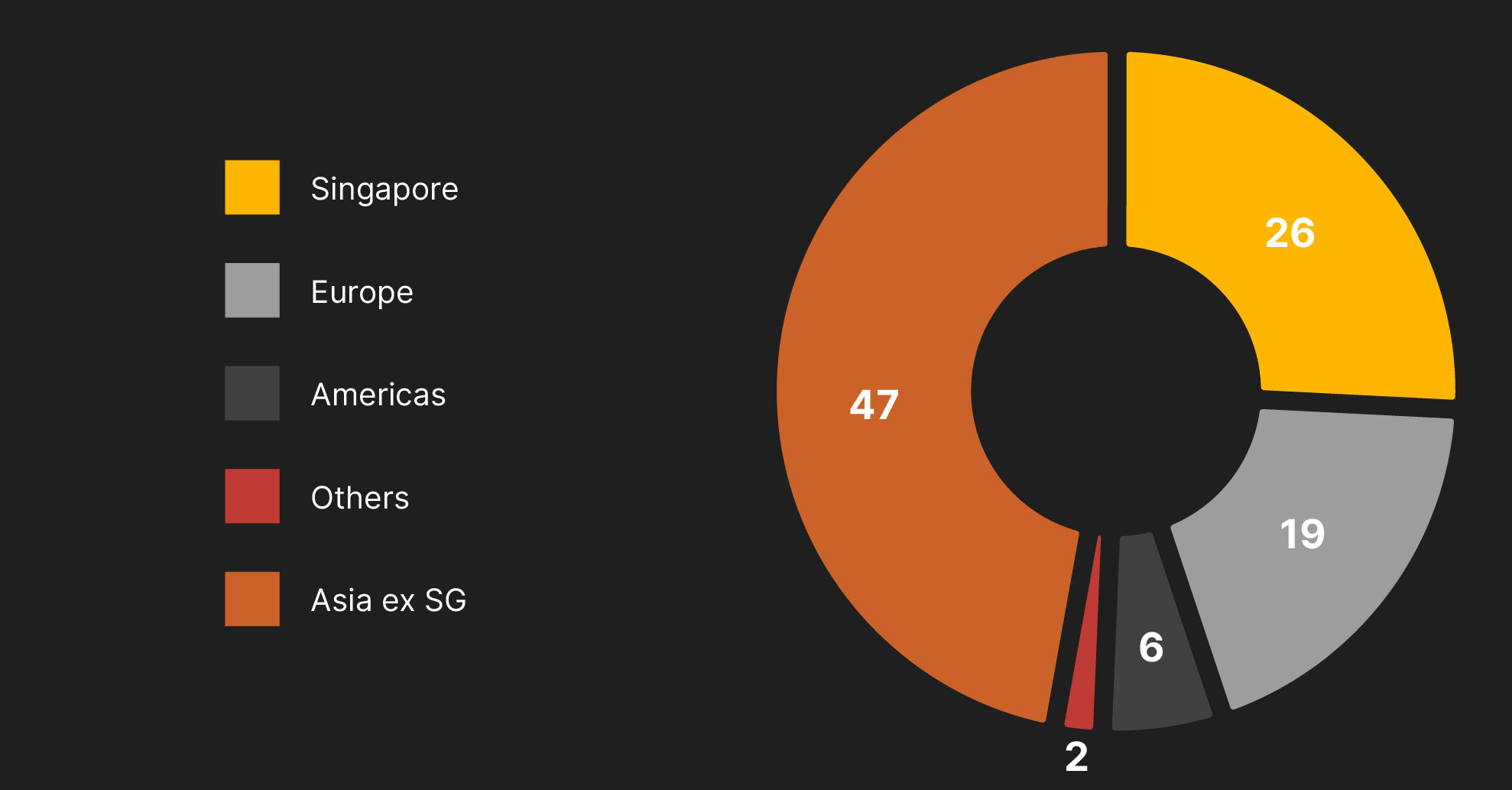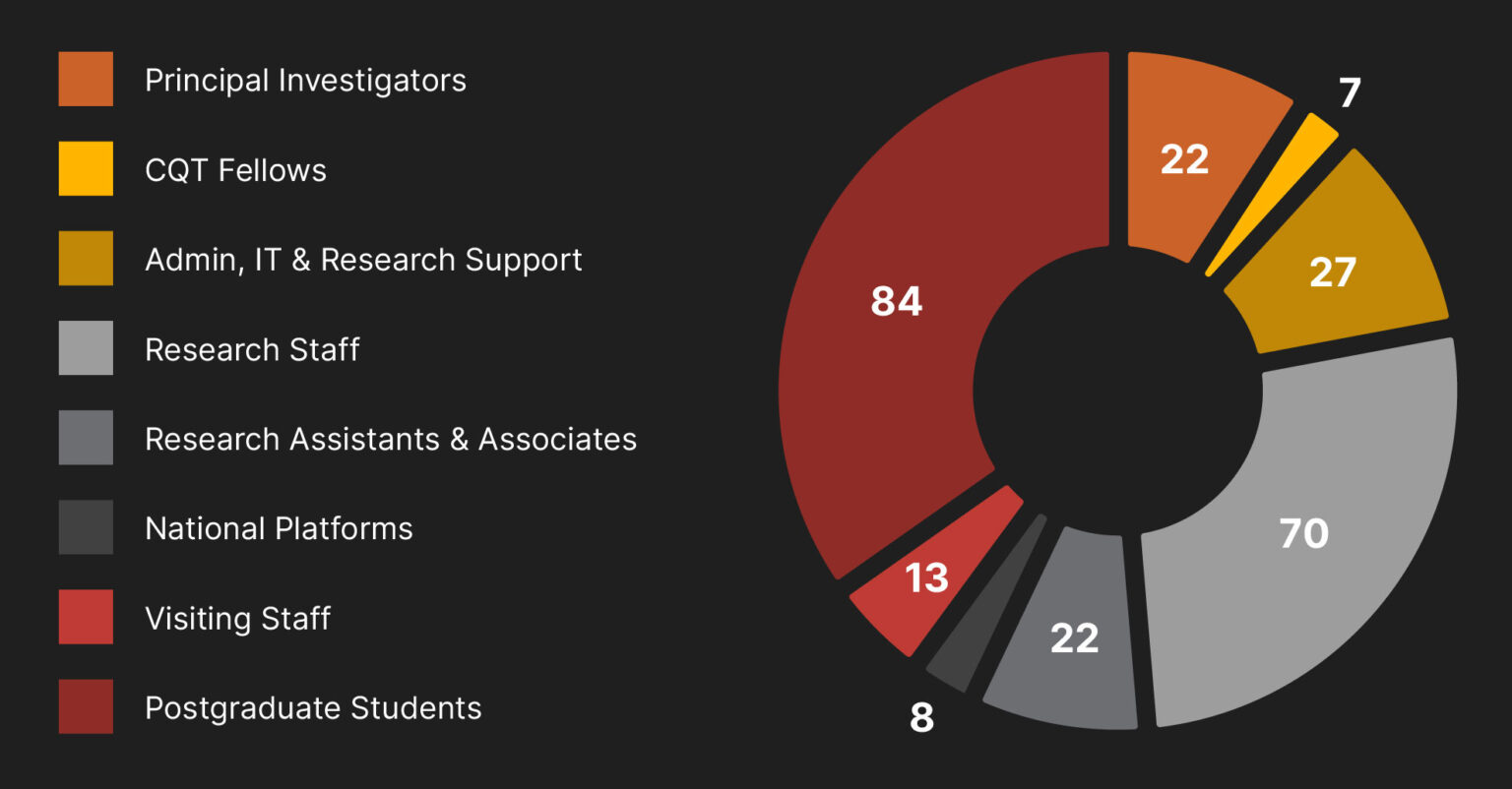Meet a CQTian: Tristan Philippe
For French student Tristan, Singapore’s National Quantum Scholarship supports him to work on theoretical quantum cryptography – bridging his background in mathematics and fascination with quantum physics
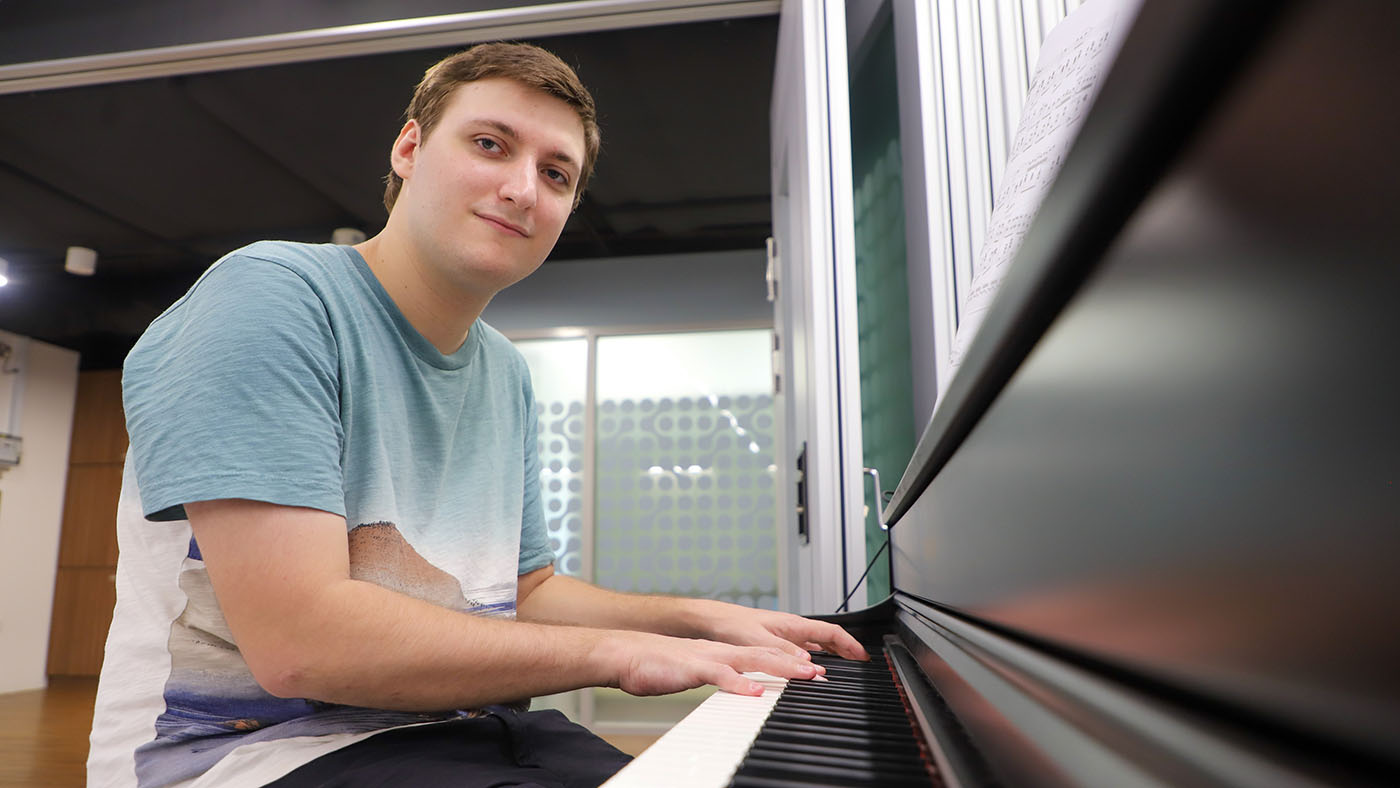
Tristan takes breaks from his work on verification in blind quantum computing at CQT’s piano..
Who are you and how did you arrive at CQT?
My name is Tristan. I’m from France, and I started my PhD in November in Marco Tomamichel’s group.
I first learned about CQT during my Master’s. As part of the Master’s, we had to do a six-month internship in a research institute or company, and one of the previous students had done his internship in CQT. I was interested in what Marco was doing, so I applied for an internship with him. This was from February to August 2024. I really enjoyed it, and so I applied for a PhD under the new National Quantum Scholarships Scheme.
What did you study for your Master’s degree?
It was in quantum engineering. The first year was mathematics-related topics, then we specialised in the second year.
The system is a bit different in France. I went to an engineering school called TELECOM Paris. You have two years of preparatory classes before entering engineering school, so it’s a five-year track equivalent to a regular Master’s.
Where did your interest in quantum start?
In high school, I already watched some introduction videos on quantum physics stuff because I thought it was fascinating. But when I was doing my studies, I preferred mathematics and was interested in classical cryptography. When I learned about this quantum engineering Master’s in my school and about the challenges of quantum cryptography, I decided this was a good opportunity to bridge this interest in physics and my background in mathematics.
What is your research at CQT about?
I’m interested in quantum cryptography. We know that there are some classical primitives or classical tasks that we can do but some of them can be attacked with a quantum computer, and we would like to do something equivalent using quantum resources and ensure security against classical and quantum attacks. I’m interested in how we create quantum primitives which ensure security of data.
For the thesis, my project is not clear yet. During the internship, we had a project that’s still going on. At the same time, I’m looking for another project because this one shouldn’t last forever.
Please tell us more about the project you enjoyed from your internship.
The internship was really fun. It was my first real research experience. You realise that when you first think of something, you don’t especially look at the details. Once you go in to solve the first problem, there’s a bunch of other problems that come up. You must go into details one-by-one to have a precise proof.
I am working on this project with Marco and Jiawei Wu, who is a postdoc in the group. The idea is based on the concept of blind quantum computation. Imagine that we only have basic quantum resources , but we want to do a complex computation. You could maybe ask big companies that have a more powerful computer, but you want to be sure that those companies do not get the information and that your result is correct. Blind quantum computing deals with keeping the information secret. The problem we’re working on is verification to either detect an error or ensure the correctness of the result. There are a bunch of problems that are linked that we believe are fine, but we have to prove them to be sure.
Something that’s a good moment – you can get stuck on one problem for some weeks, and then one day you can have an idea and just solve it completely.
What’s an average day like for you as a theorist?
Right now, I’m learning a lot of things. Even though my Master’s was in quantum engineering, I still lack a lot of knowledge in different fields. I’m reading related papers (both to my project and to topics I’m interested in, to look at the current state of the research in those areas) and took the advanced course on quantum information theory. It was really interesting to introduce some formalism and quantum communication tasks and results.
What else are you looking forward to in your first year?
I guess it would be to find a problem that excites me a lot and that I would be happy to work on for years! I would ask my thesis advisor too. As a student, you may find a problem but not have the experience to know how relevant or what is the state of the research around it.
What do you like doing outside of work?
At weekends, I like to go for a walk. I take the MRT to a random place to explore around Singapore. I also try to play piano once or twice a week, and I go to the CQT board game nights.
